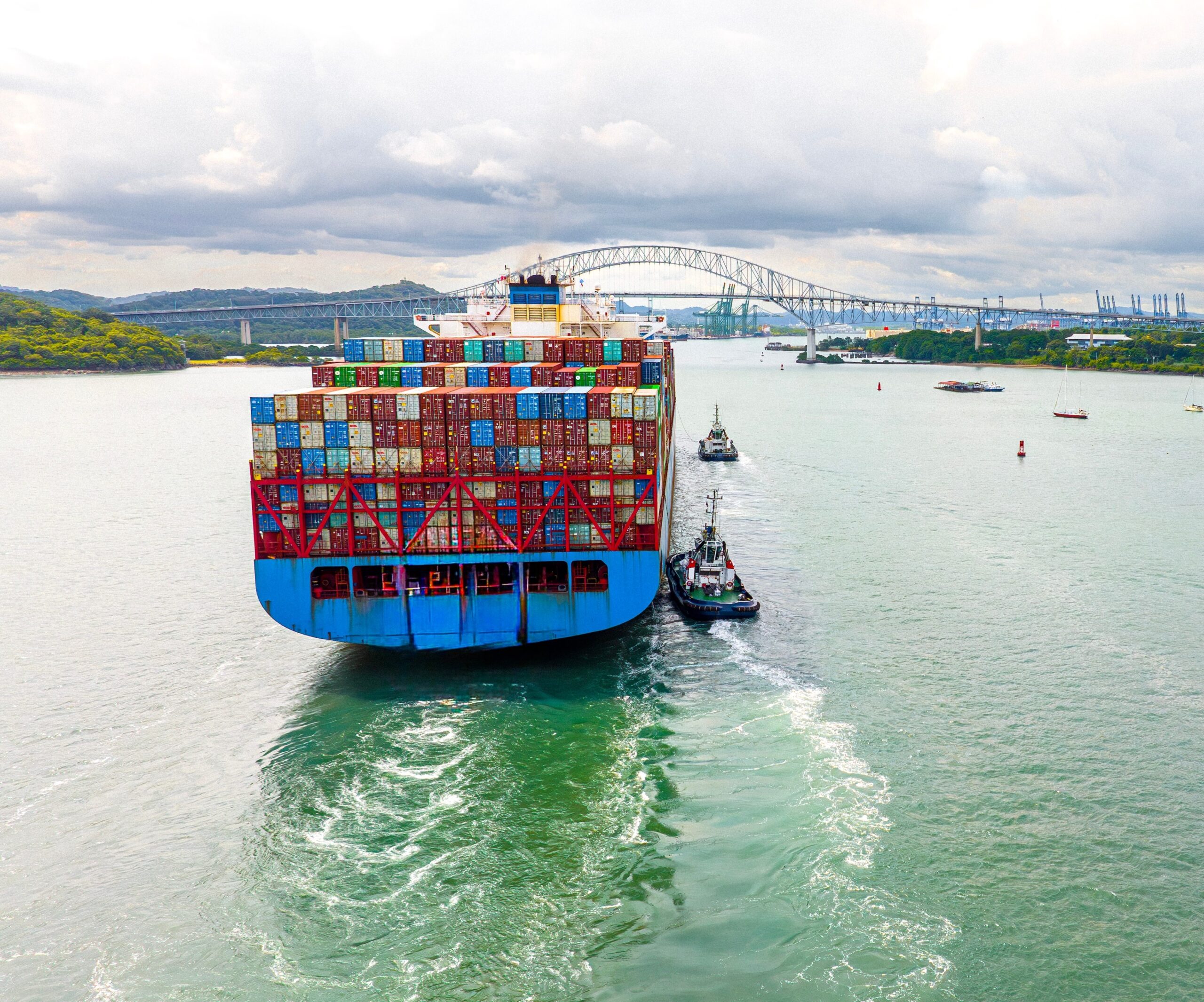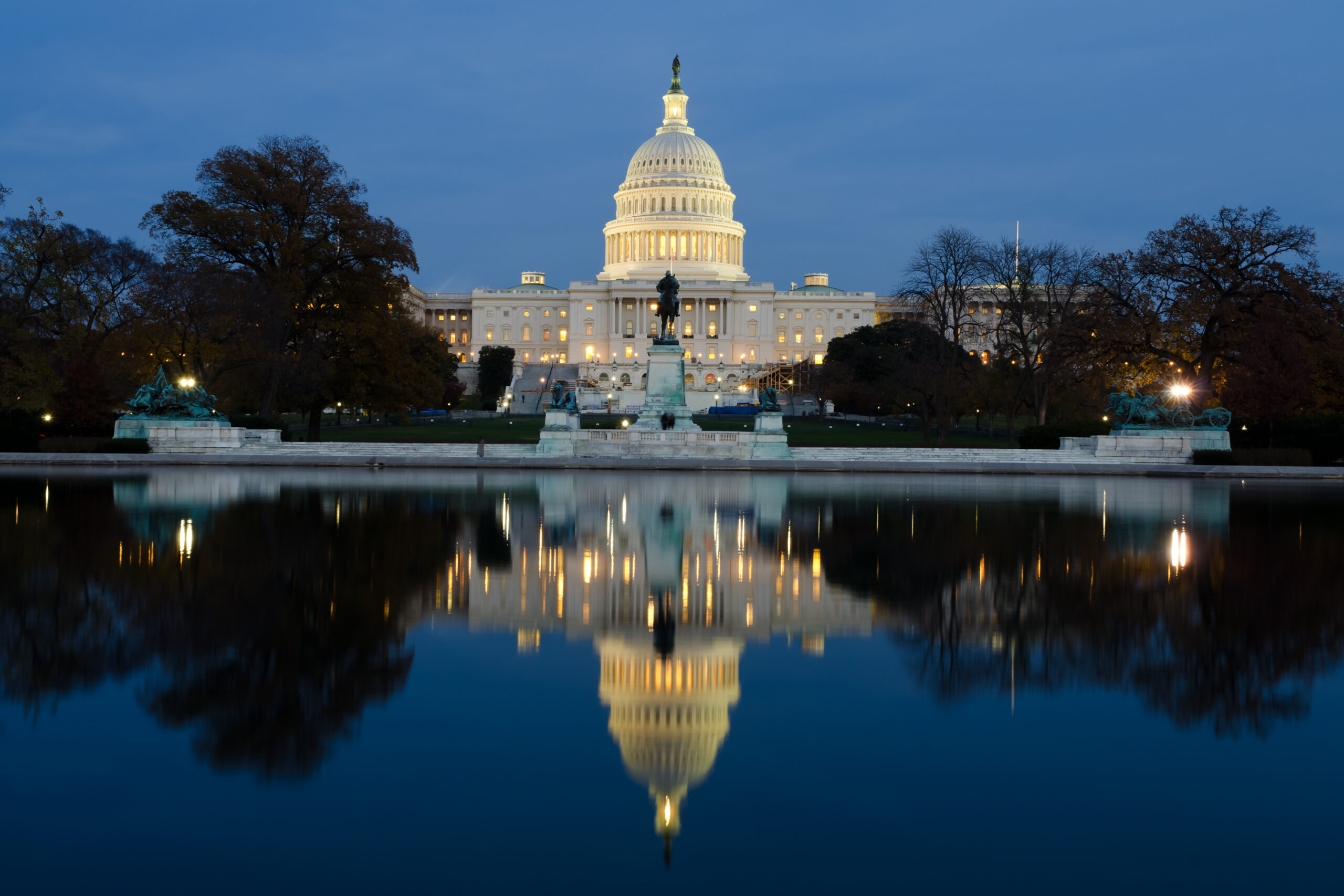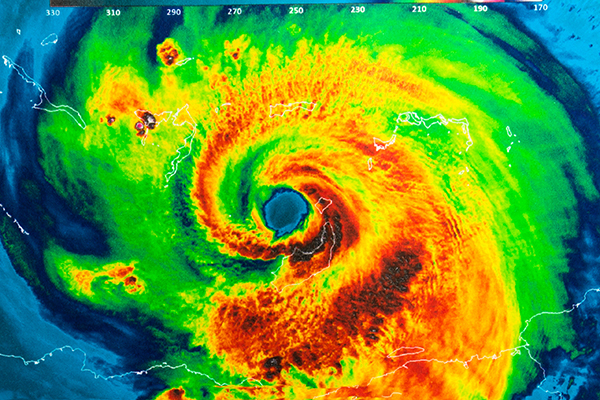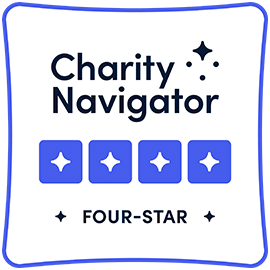Hurricane Season Forecast
Last year’s hurricane season was the third most active season recorded, with 21 named storms, 7 of which became hurricanes. As hurricane season is already underway, NOAA is predicting another above average season with an expected 14-21 storms, of which 6-10 could become hurricanes. Predicting with 70 percent accuracy, NOAA anticipates that 3-6 storms could become major hurricanes (i.e., Category three or greater). Various factors contribute to predicted above average activity in 2022, including:
- Ongoing La Niña, which enhances hurricane activity in the Atlantic due to the destabilization of the atmosphere and weaker vertical wind shear;
- Warmer-than-average sea surface temperatures in the Atlantic and Caribbean Sea;
- Weaker tropical Atlantic trade winds; and
- Enhanced West African monsoons.
Should these predictions hold true, the 2022 season, spanning from June 1 to November 30, will be the seventh consecutive above average hurricane season.
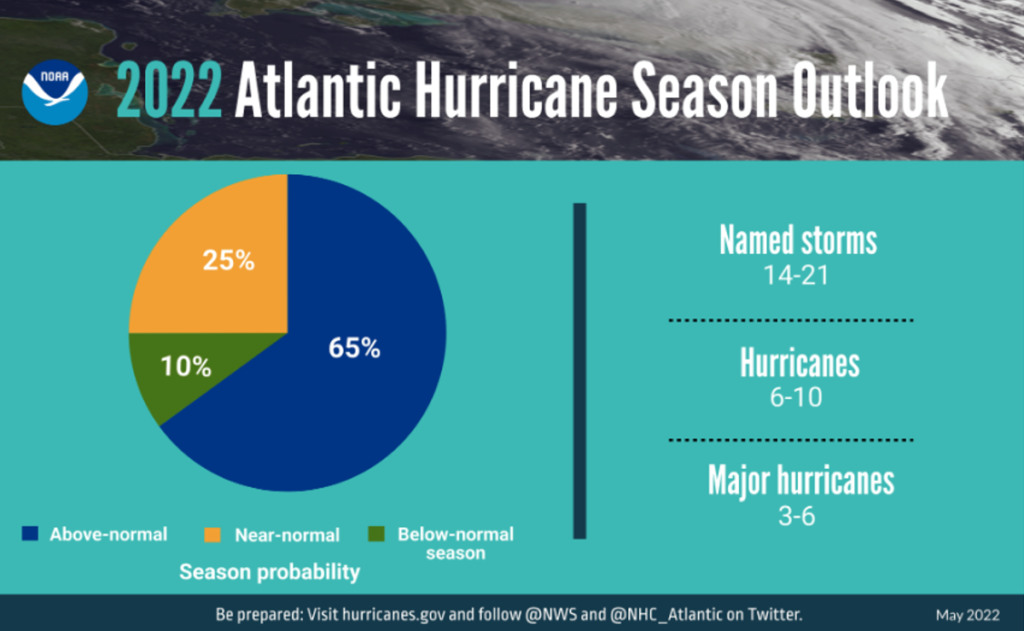
As last season’s Hurricane Ida, which spanned across nine states, showed, any state can be affected by a storm – not just coastal states. As we approach the one-year anniversary of Ida’s landfall in August, many hard-hit communities in Louisiana are still recovering from the impacts of the storm. This goes to show that through hurricanes are relatively short-lived, their consequences can persist for long after the event. Understanding that storms are becoming more severe and frequent with the onset of climate change, and empowering communities with the preparedness tools and investments aimed towards resilience is essential for mitigating the impact of hurricanes and other disasters.
Get ready now by following the following preparedness tips. You can also visit Healthcare Ready’s Resource Center at any time, which provides tools, tip sheets, and more to help individuals and communities prepare for the next emergency.
Understanding your risk
Hurricanes can most severely impact coastal towns, but they are not the only areas at risk. It is important to understand how severe weather can impact your area if a storm makes landfall.
Make an Emergency Plan
According to Healthcare Ready’s 2021 Domestic Preparedness Poll, respondents indicated that the disasters that were of most concern were natural disasters. Even so, less than half of Americans have an emergency plan in place (42%). On a similar note – less than half of Americans (45%) report being concerned about an emergency occurring at all. Planning ahead can help make sure you and your loved ones are prepared. It is important that everyone in your household knows and understands your emergency plan for hurricanes.
- In addition to saving emergency phone numbers in your cell phone, keep a hard copy on-hand.
- Make an emergency supply kit, or a “go kit”. Include essential items for your personal needs like disinfectants or sanitizers, medicines, water, food, batteries, and masks (remember, COVID-19 is still a risk!)
- Know your evacuation zone and the nearest shelter in your area
- Find a pharmacy near you using Rx Open, so you know where to go if you need medicines or supplies
- If you own a pet, identify shelters or pet-friendly accommodations where you can take your pets in the event of an evacuation
Stay Informed
Sign up to receive real-time alters and notifications from the National Weather Service. Monitor NOAA’s experimental Peak Storm Surge Forecast graphic that will update when storm surge watches or warnings are in effect. You can also listen to broadcasts, like the NOAA Weather Radio All Hazards (NWR) broadcast, which provides continuous weather information based on your physical location.
Gather and Review Important Documents
Make hard copies of important documents, like any insurance policies, identification cards, or prescription information. Rx on the Run is a printable, wallet sized card that documents your prescriptions and other important medical information. Simply fill out the online form with your personal information and download or print the wallet sized card for your records.
Help your Loved Ones
If your loved ones are individuals who require special assistance, identify what their needs may be now, so you can secure a plan to get them additional help during a hurricane.

